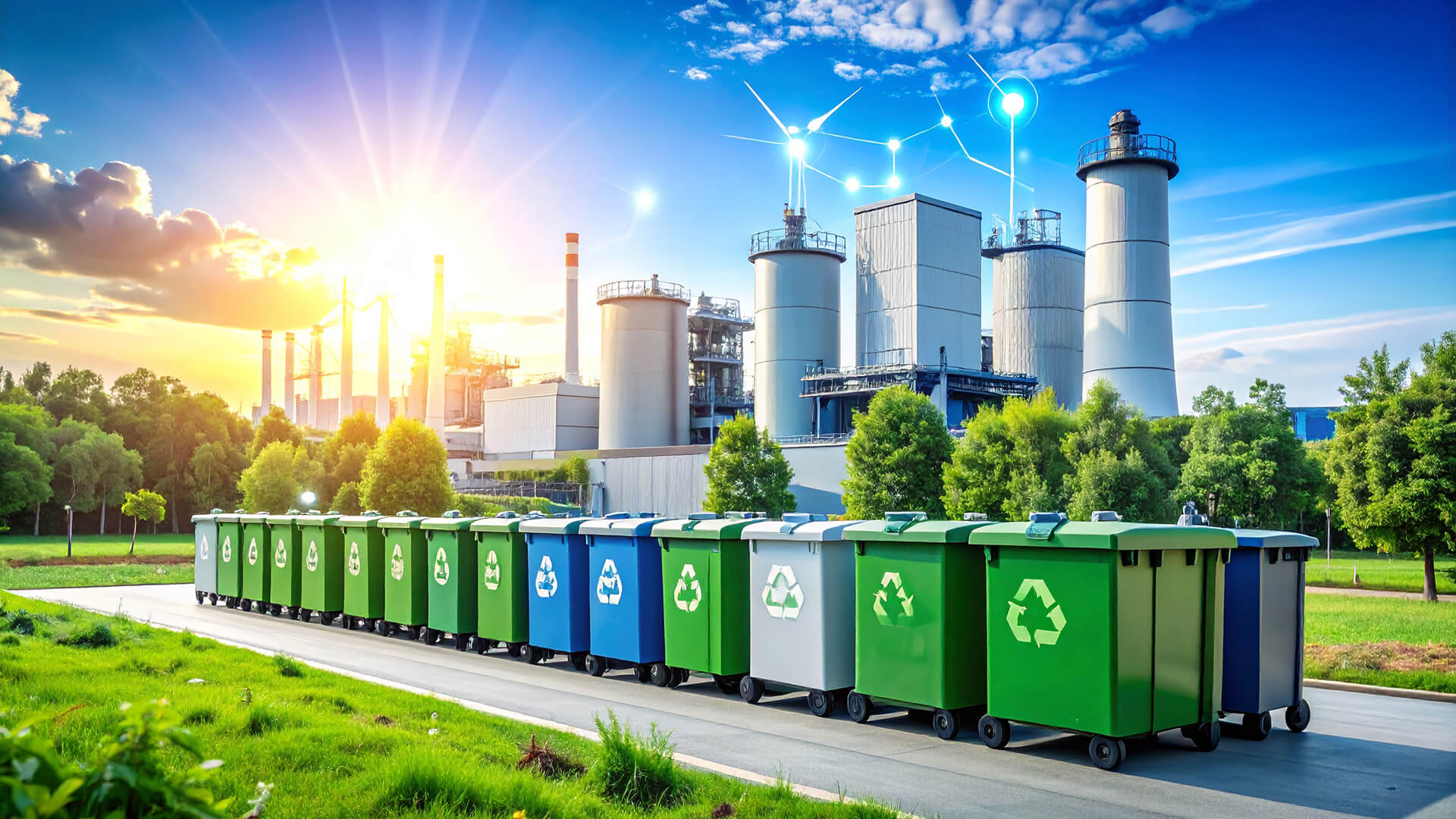Waste Management in Energy Production: Integrated Solutions for a Zero Waste Goal
18 Temmuz 2025Today, growing population, industrialization, and rising living standards continue to increase global energy demand. However, this demand also brings significant environmental concerns. In this context, waste management in energy production plays a critical role in minimizing environmental impact, conserving natural resources, and achieving sustainability goals. The zero waste target has become a key approach shaping the future of the energy sector.
Types of Waste in the Energy Sector
Various types of waste are generated during energy production processes, depending on the source and technology used:
- Organic waste: Food, agricultural, and animal waste
- Hazardous industrial waste: Solvents, heavy metals
- Inorganic waste: Glass, plastic, and metal
- Biomass waste: Forest residues, plant-based waste
- Emission-related waste: CO₂ and other greenhouse gases
Uncontrolled disposal of these wastes threatens soil, water, and air quality. Therefore, source separation, reuse, and waste-to-energy conversion are essential for environmental protection.
What Is Integrated Waste Management?
Integrated waste management is a comprehensive system that covers the collection, transportation, processing, recovery, and final disposal of waste. Its benefits for the energy sector include:
- Conservation of natural resources
- Increased energy efficiency
- Reduction of total waste volume
- Lower carbon footprint
- Creation of economic value
With this approach, sustainable solutions such as energy generation from waste become viable.
Zero Waste Goals in Turkey and Globally
Turkey launched its Zero Waste Project in 2017, leading to a significant transformation in environmental and energy sectors. The inclusion of energy producers in this movement has encouraged the adoption of eco-friendly technologies. Similarly, the European Union’s Green Deal and 2050 carbon neutrality targets are pushing the industry to become cleaner and more efficient.
To comply with these goals, energy producers should:
- Implement on-site recycling systems
- Invest in biomass and biogas energy
- Monitor waste and emissions through smart technologies
Circular Economy and Energy Production
A circular economy keeps materials in use for as long as possible and treats waste as a valuable resource. In the energy sector, this model is applied by:
- Converting agricultural and forestry residues into biomass energy
- Producing Refuse-Derived Fuel (RDF) from non-recyclable waste
- Generating electricity and heat from biogas
These methods help reduce landfill use and provide clean, renewable energy.
Biotrend Enerji’s Integrated Solutions
Biotrend Enerji, one of Turkey’s leading renewable energy companies, offers innovative waste management solutions:
- Biomass and biogas facilities that turn organic waste into energy
- Integrated solid waste management plants for urban waste-to-energy conversion
- Environmental technology investments that reduce carbon emissions
- Waste heat recovery systems to enhance overall efficiency
Biotrend Enerji continues to lead the zero waste movement in partnership with public and private stakeholders.
For a Cleaner and Sustainable Energy Future
Adopting eco-friendly technologies in energy production is essential for securing the future. Companies aiming for zero waste not only fulfill their environmental responsibilities but also gain economic benefits.
Biotrend Enerji, with its integrated waste management approach, is helping shape a cleaner, smarter, and more sustainable tomorrow.
For more, explore other blog posts and project highlights on Biotrend Enerji’s official site.





